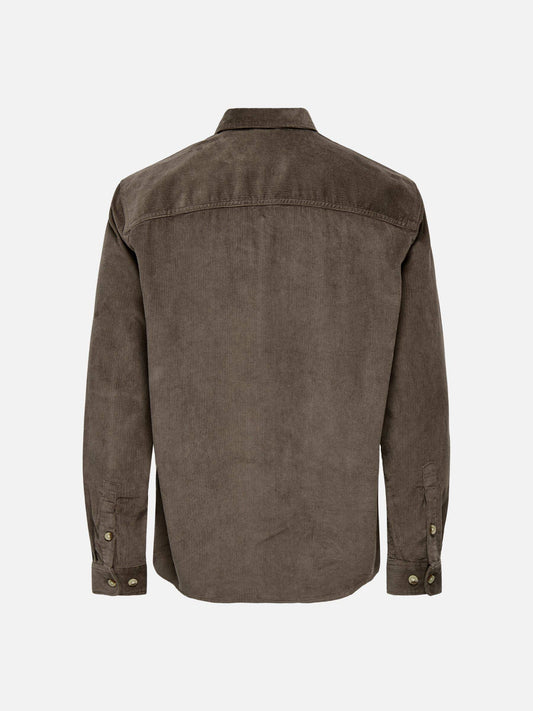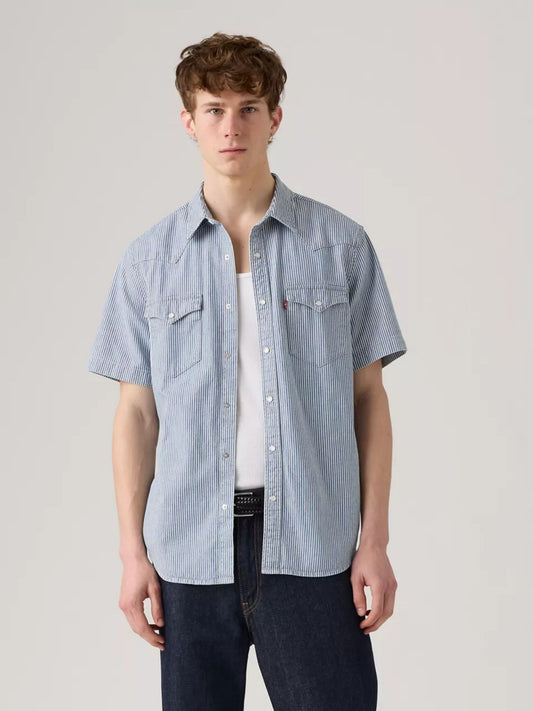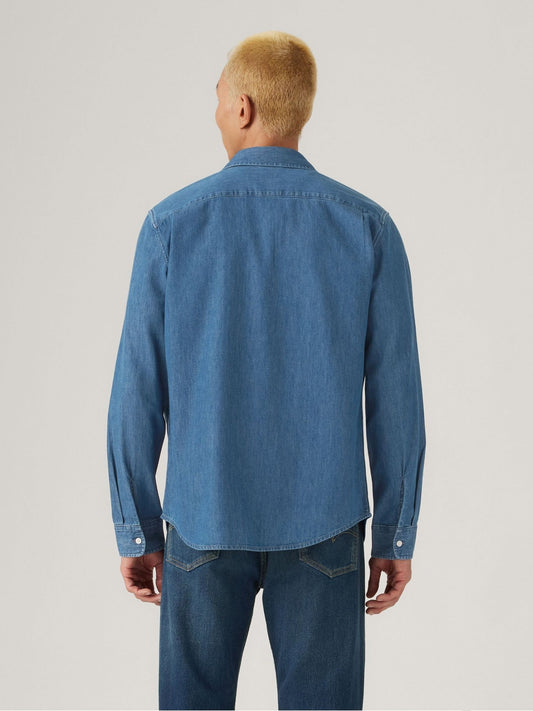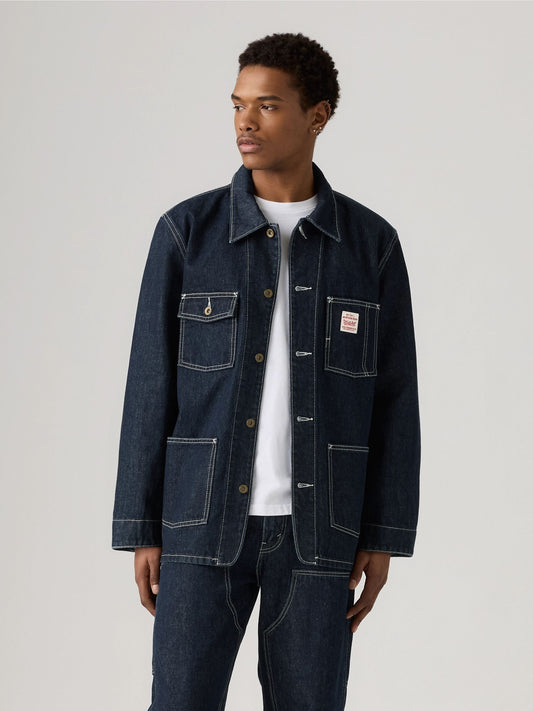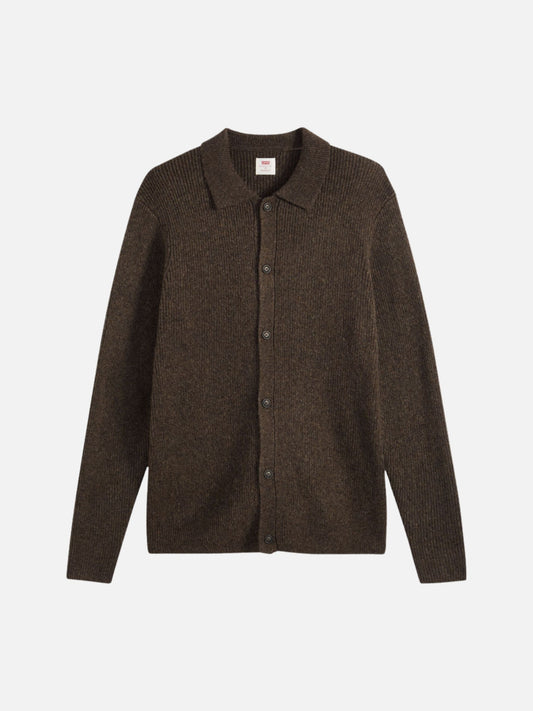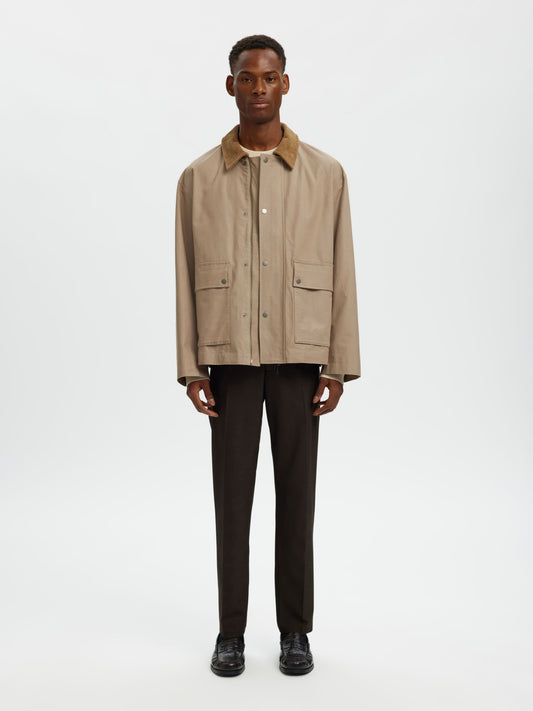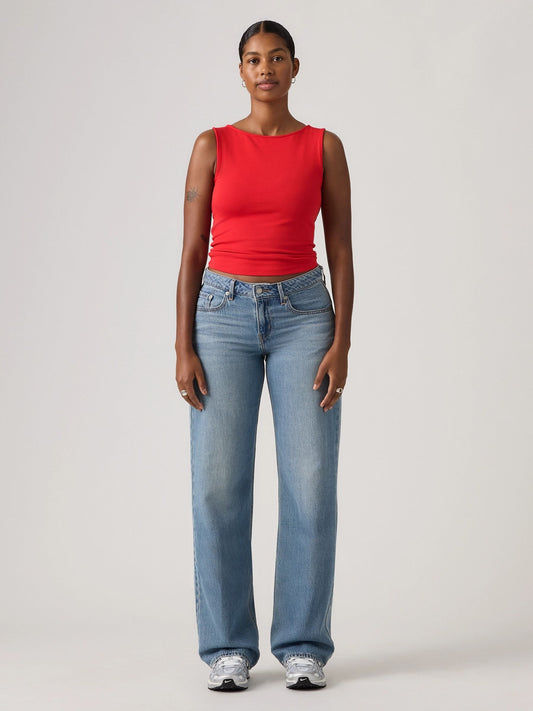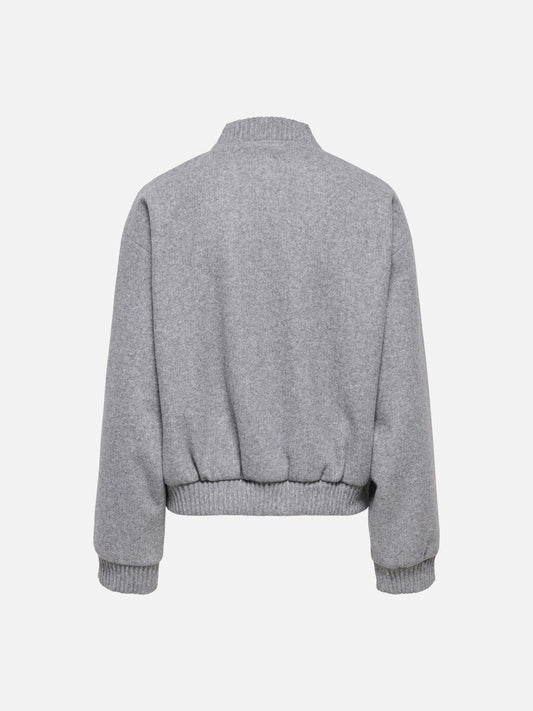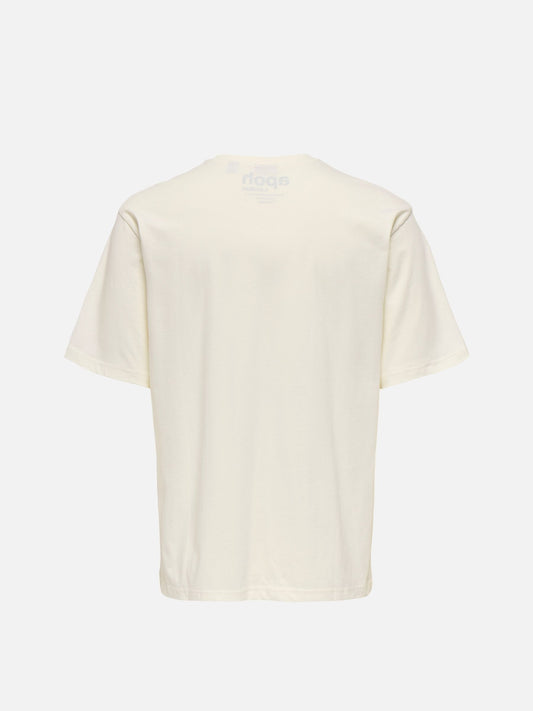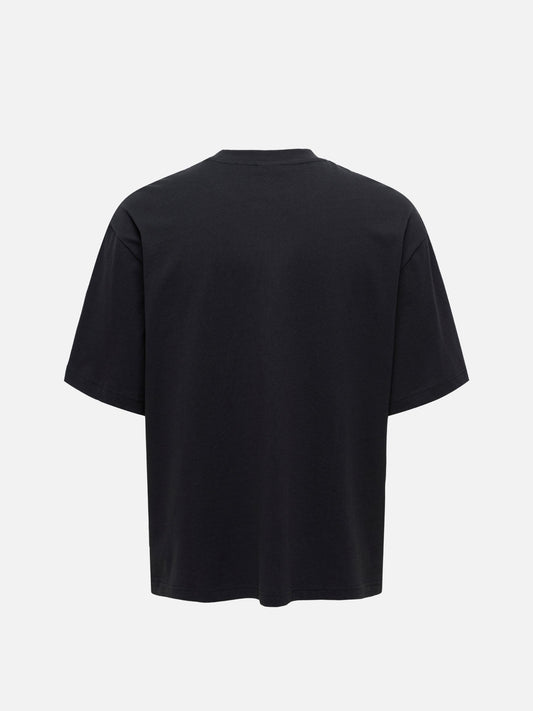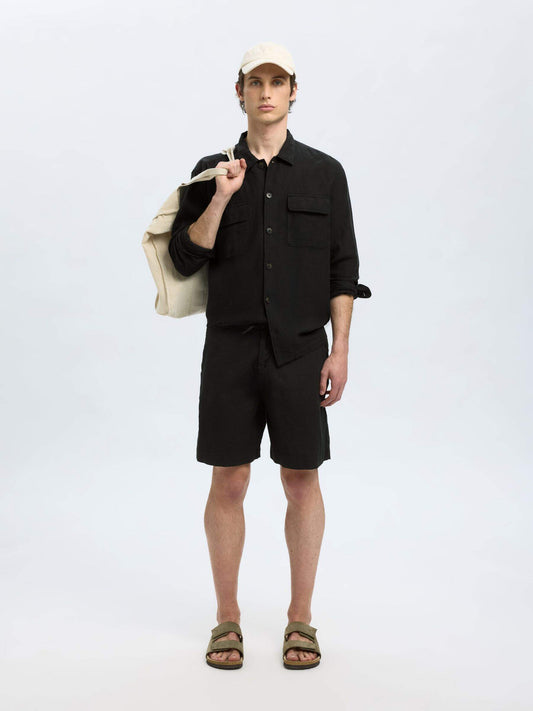
is an award-winning Kenyan-Canadian screenwriter, director and internationally published writer based in Vancouver, B.C. She began her career as a writer and journalist, eventually transitioning into film and television in 2018, where she worked in various TV writers’ rooms and research departments. In 2022, Jamila wrote, directed, produced, and hosted her first docuseries, A Happier Planet With Jamila Pomeroy, which aired nationally on CBC.
Her debut feature documentary, Union Street, was an official selection at the 2023 Vancouver International Film Festival (VIFF), 2023 Reelworld Film Festival—where she won Outstanding Director for a Feature Film—and the Milan Independent Film Festival, where it received the award for Best Documentary.

Currently, Jamila is developing her first scripted feature film, which recently received funding and is now in the early stages of production..
Her sophomore feature documentary, Muzizi, is now available to watch on CBC Gem. As a Writer, Director, Executive Producer and Host, Jamila takes viewers on a vibrant culinary journey through the African diaspora in Vancouver.
We spent the morning with Jamila at two of her favourite local spots—Rise Up Marketplace and Mah Milk Bar—to learn more about her journey as a filmmaker, and her mission to uplift and empower marginalized voices through the power of storytelling.

Q: Tell us the story behind Jamila Pomeroy.
A: When I moved from New Westminster to Vancouver as a teen, I was influenced by the rich tapestry of cultures around me, which empowered me to embrace my culture through my work, while also igniting interest in film as a storytelling medium. I started off as a writer-journalist contributing to local indie magazines, which quickly turned into editor positions, writing for major platforms and getting published internationally.
I loved journalism, but noticed the world changing quickly around me: the shortening of attention spans, shift to digital outlets and preference leaning toward video content. As a self-described cinefile, making the shift to film wasn’t just a smart reaction to the social temperature, but a way for me to step further into my commitment to storytelling that challenges stereotypes; while also creating the representation I craved to see in film and TV. I became increasingly aware of the underrepresentation of Black and immigrant stories in the film industry, fueling my desire to create meaningful content that reflects my own experiences and those of the Black community at large. My biggest aim is to uplift marginalized voices and create films that foster dialogue and understanding.

Q: What are 3 words your friends/family would use to describe you?
A: Creative, Bold, Unapologetic
Q: Your advice for anyone looking to get into filmmaking but don’t know where to start?
A: My biggest word of advice would be to learn a skill that can be applied to filmmaking, fail, find your voice, practice and get really good at it. As a writer-journalist, I was able to practice and hone my skill on a weekly basis writing articles every day, but as a budding filmmaker you don’t get that luxury unless you have access to money or resources; filmmaking costs a lot of money and had I not honed my storytelling skills outside of filmmaking, I wouldn’t have been able to leverage my skill-set in the same way I have. I would also suggest, as cliche as it may sound, to write what you know and are passionate about, instead of trying to follow trends.

Q: What are some of your fondest memories since you’ve started your career as a screenwriter?
A: Attending a sold-out screening of Union Street and seeing a lineup of people (many of whom were wearing batik and traditional African dress) stretch down the street. I remember walking up to the venue, wondering what all the people were waiting for and I didn’t actually realize it was for our film until I got to the box office. It was a really profound moment after being told so many times that African-Canadian stories “don’t sell.” I felt so held by the community and it really made me believe in the impact and power of telling authentic Black stories.

Q: What is one of your favourite projects that you’re most proud of?
A: Muzizi is such an incredibly special project for me and it feels a bit like a love letter to my younger self and any African-Canadian who has felt the need to hide their food or culture. African Canadian food is so often left out of the culinary conversation, so to have a group of innovative and successful Black Vancouverites eating cultural foods on National TV is pretty incredible. On top of that, our cast and crew were absolutely phenomenal, and together we got to visit some of my favourite food spots in the lower mainland and eat a ton of incredible food.

Q: What’s the most rewarding part of your job?
A: There is nothing more rewarding than having a stranger tell you that they felt seen in your work. Growing up I never really felt represented in film and TV, so it’s like filling your inner child with liquid sunshine. Film and TV helps build our world view and we are so deeply impacted by how we’re depicted in storytelling, so to be able to rewrite the script and showcase confident, intelligent and innovative people, specifically women and the Black community, is a gift in and of itself.

Q: If you could give your younger self one piece of advice, what would it be?
A: Not everyone is going to understand you or your work, in fact, some will be committed to misunderstanding; their opinion is none of your business, and the more you show up authentically, both for yourself and your work, the more you will find yourself surrounded by your people.
Q: What’s your favourite childhood snack?
A: Loved a good tea party as a kid with ants on a log, little sandwiches or bajia (Kenyan pakora) with a spiced chai.

Q: How would you describe your style?
A: I’d describe my personal style as Copenhagen street meets 70s baddie, meets Afro-futurism. I have no interest in being uncomfortable at any time of the day and my clothes must inspire me. I love wide-leg pants, flowy skirts and anything with an interesting shape, pattern or texture.
Q: What are your favourite fashion trends of all time?
A: I will always love a cute little ballet flat and hoop earrings -- both of which I believe to be timeless.

Q: Any upcoming personal projects you’d like to share with us or a sneak peak?
A: Yes, Muzizi is now out on CBC. Muzizi is a cross-cultural multigenerational journey interspersed with cooking segments, historical and cultural commentary, and interviews with elders, chefs, food reviewers, a farmer and business owners. Through a vibrant ensemble of community leaders, we learn how Canada’s social infrastructure and food system have impacted the African diaspora on the West Coast.
Photography: Jomar Victoria.
Interview: Therise L.
Jamila’s Look 1: Monk & Lou Textured Cotton Teya Top and Propaganda Coral A-Line Skirt
Jamila’s Look 2: Propaganda Alden Relaxed Cardigan, PGD Mya Tank Top, and Monk & Lou Luca Tiered Maxi Skirt









